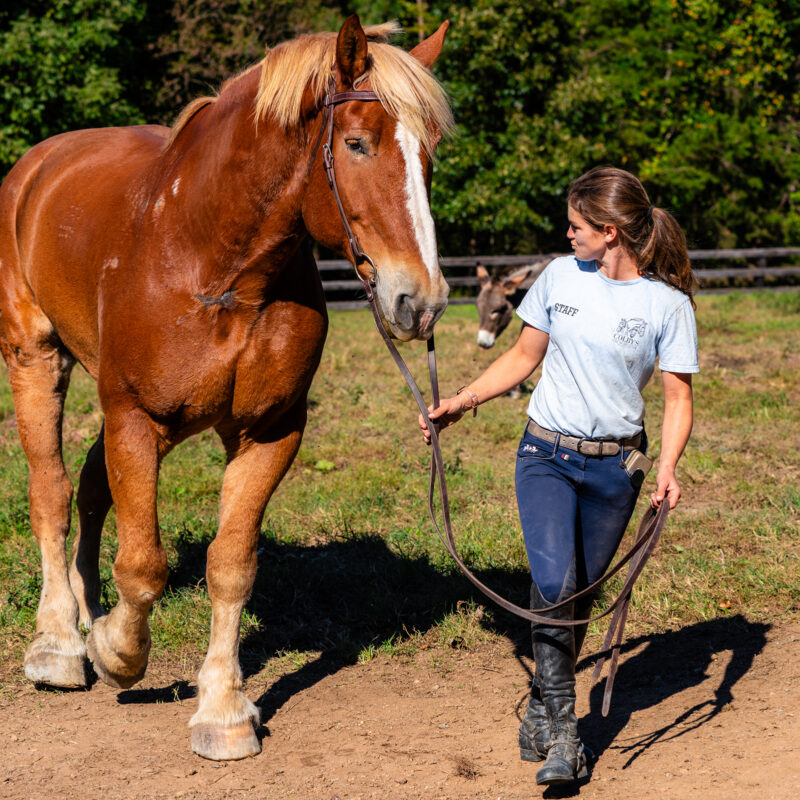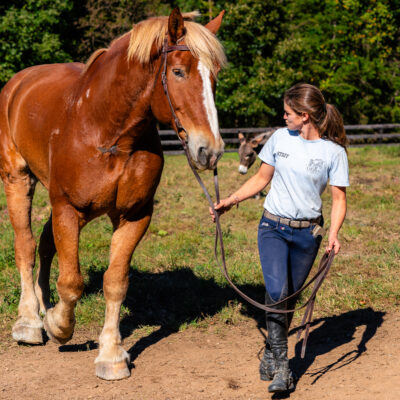“He absolutely loved his old vet,” says the recent transplant to Charlottesville, making it abundantly clear that I’m about to step into some mighty large shoes. I understand the trepidation, of course. In many cases, I even share it. Your previous veterinarian is someone you built a relationship with. She knew your animals and their history. She knew that your cat would panic if placed on an exam table and is better examined on the floor. She knew that your dog would pee all over her if held in exactly the way I’m about to pick him up.
This isn’t just an appointment—it’s an audition. There are ways to help make it go smoother, though.
A complete medical record is certainly the most important piece of this puzzle. Most owners know this, and arrange to have records sent. What they don’t know, unfortunately, is that the records are frequently abridged to the point of being useless. I often find myself with nothing but a one-page vaccine schedule, which is nice to have but hardly thorough. Other times I get a summary of tests run and medications prescribed, but no context or explanation to help me understand the reasons or results. I don’t know why this happens, honestly—I imagine that other veterinary hospitals are familiar with how frustrating this is. But it does, all the time.
For these reasons, it’s probably best to get full copies of your pets’ records well in advance, and drop them off a few days before your visit. I know it’s one more thing to do, but it gives us a chance to study up before walking into the room, and allows you to spend your first visit getting to know your new veterinarian rather than explaining everything from scratch or scrambling together a complex history based on scattered clues.
Even if we have the records in hand, it’s a good idea to let us know about any specific concerns or questions you might have when you make the appointment. Some cases are very complex and require a lot of discussion. We’re always happy to have those conversations, but if we know up-front, we can make sure to budget enough time so that they don’t feel rushed.
If your pet is on medication, I also recommend bringing the bottles along. If the records are unclear, those prescription labels can make it much easier for us to keep things going without interruption, and reduce the chance of dosing errors in translation.
First visits can be a challenge for everybody involved. You don’t know us, and we don’t know you, and the poor animals are caught in the middle. We can’t be exactly like your old hospital, but with a little planning, we can try to pick up where they left off. Oh, and a heads up about that peeing thing would be greatly appreciated.
Dr. Mike Fietz is a small-animal veterinarian at Georgetown Veterinary Hospital. He received his veterinary degree from Cornell University in 2003 and has lived in Charlottesville since.





